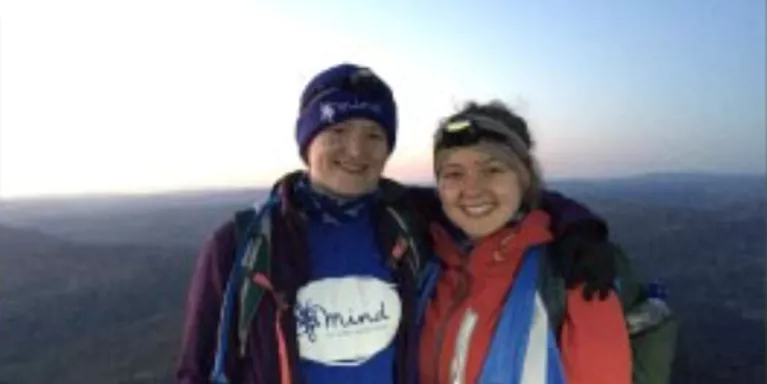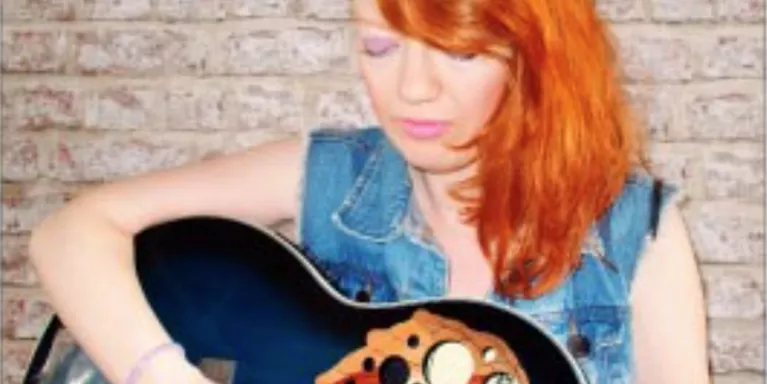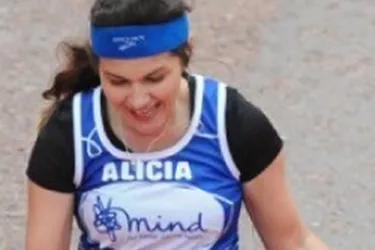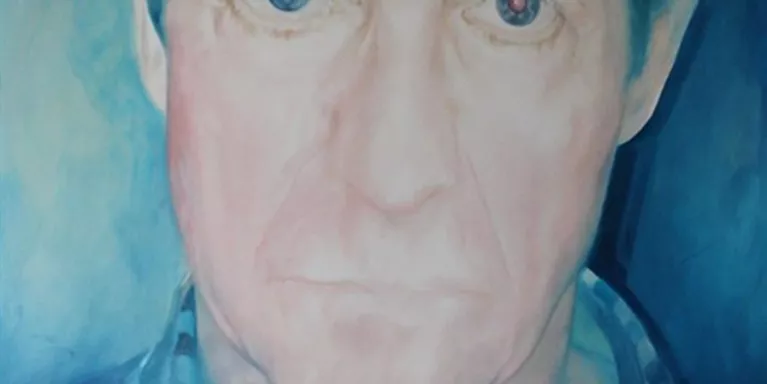10 things that have helped me cope with depression
Alice blogs about her experience of depression and the 10 things that have helped her cope.
It has been six months since I was first diagnosed with depression. It has been an up and down slope towards recovery, and I’m definitely not completely there yet. I am a second year PhD student and to be honest, I’m surprised I’m still doing it. I want to talk about what has helped me recover.
One of the most difficult decisions I made was telling my boss/supervisor about the illness. I had to, because I couldn’t work at the same level anymore and I was struggling to keep up. If you don’t tell your boss, perhaps you can tell another member of staff or an advisor, but from my experience I would say don’t suffer in silence, especially if it’s affecting your ability to work.
Medication and counselling
Taking medication was a bit of a last resort for me. I never wanted to take any but this I can say for sure, it has worked. So when you have tried exercise, pushing yourself to socialise, relaxation techniques and whatever else, and you are still stuck in a rut, I would say consider it. I was told ‘If you had a broken leg you would fix it, so there is nothing wrong with taking anti-depressants’…or something like that. I also highly recommend counselling, my counsellor was fantastic, and was a big part of the recovery process.
Find a green space
I am lucky enough to have a green space near my work place and if I ever felt a wave of anxiety I used to escape there. I couldn’t appreciate how beautiful things were at the time, but it did make me calmer. See if you can find a green space you can escape to if you need to, even if it is just a lawn with a flower bed.
Supplements
Multivitamins, vitamin D, Tyrosine, Tryptophan have all been thrown into my daily supplements. I’m sure you have read tyrosine and tryptophan are pre-cursers to serotonin and dopamine, so if you are not getting enough of these in your diet maybe give supplements a go.
Make a weekly plan
This sounds stupid but it really works, especially if you like your day to have a bit of structure. For some reason it makes the week more manageable for me. Try to put in social activities if you can. This doesn’t have to be going out with people; it can be a phone call or sending a letter, or whatever you want to do. Which leads on to my next point.
Keeping in contact
Keep in contact with the people you love the most. My mum used to call me every day when I first became ill, because she has had depression and anxiety problems too. Talking to someone who has experienced the same feelings and thoughts as you is extremely therapeutic for me, and I was surprised how similar our thought processes and emotions were. If you don’t know anyone who has had depression or anxiety problems try reading a written personal account. Like some of the ones on Mind's website!
Reading
Reading is fantastic, but it is extremely difficult to begin with when you can’t concentrate. This should improve slowly though. I started and stopped with several different books before I finally managed to read one to the end. This was ‘We bought a zoo’. I felt inspired enough to read it after me and my fiancé visited the zoo itself.
Classical music
I found when I was distressed that listening to songs with lyrics used to make me upset, unless they were uplifting. Classical music can be sad, happy or upbeat, but I found it much easier to listen to than chart music.
Try, try and try again?
This is a bit of a weird one. If you are depressed you will probably stop enjoying the things you used to, so try again and again until you enjoy it again. You maybe won’t do the first few times, but you should do eventually.
Don’t make any rash decisions
Don’t quit your job, move house (unless you have to obviously), or run away (something I wanted to do frequently). It’s not a good time to make that decision, when you are better you probably won’t be thinking in the same way (I know that one can be hard to believe at times).
Exercise and nutrition
Eat well, even if you don’t feel like cooking! One of my friends gave me a graze subscription for my birthday and this was great, because I got to try lots of different snacks and find out which ones were tastiest, and I never felt bad eating them. Exercise is difficult because you feel so whacked out all the time. Try doing a little bit a few times a week, instead of going once a week and wearing yourself out.
And keep going. Keep carrying on. Recovery can be slow but you will get better. It can be a tough battle, but it’s definitely one you can win.


Information and support
When you’re living with a mental health problem, or supporting someone who is, having access to the right information - about a condition, treatment options, or practical issues - is vital. Visit our information pages to find out more.
Share your story with others
Blogs and stories can show that people with mental health problems are cared about, understood and listened to. We can use it to challenge the status quo and change attitudes.

















